
The DEA has moved CBD prescription drugs with THC levels below .01% to a Schedule 5 drug after the FDA’s approval of Epidolex. However, despite the reschedule, cannabis still remains a Schedule 1 substance. READ MORE
(By accessing, browsing or using the pages below, you agree to the Blog Conditions of Use/Disclaimer available under "Links.")

The DEA has moved CBD prescription drugs with THC levels below .01% to a Schedule 5 drug after the FDA’s approval of Epidolex. However, despite the reschedule, cannabis still remains a Schedule 1 substance. READ MORE

The concept of a “Right to Try” has been spreading through the U.S. over the last four years, beginning with the first passing of such laws in Colorado in 2014. Most recently, President Trump has echoed support for a federal Right to Try law in his State of the Union address. READ MORE

With the FDA’s new draft guidance for homeopathic drug products, the agency’s enforcement approach to homeopathic medicine is changing entirely. In short, homeopathic drugs are drugs once more. READ MORE
.jpg?sfvrsn=786545ea_0)
Life Sciences Decoded explores some of the cybersecurity concerns drug and device sponsors should keep in mind when operating clinical trials. READ MORE
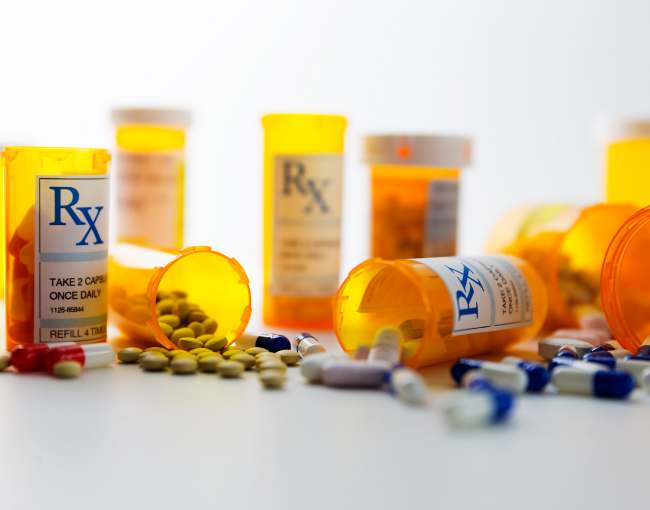
An FDA rule made final in late September lays out to industry members, investigators, and the public which clinical trials must be reported to the federal government, how they are to be reported, when they must be reported and whether compliance with requirements has been achieved. READ MORE

Thompson Coburn describes what's known so far about the FDA's Digital Health Plan in this July article published by Digital Health Legal. READ MORE

The FDA has created the Software Precertification Pilot Program to accelerate and streamline the regulatory approval process for new, disruptive, and innovative products. READ MORE

The FDA's Foreign Supplier Verification Programs for human and animal foods have gone into effect. Find out how the FDA will approach preliminary enforcement during the first few months of the new regulations. READ MORE

The proliferation of Internet-connected and controlled medical devices opens up bundle of cybersecurity risks and concerns. What stance has the FDA taken so far an where is it headed? READ MORE

The Food and Drug Administration’s new Sanitary Transport of Human and Animal Food Rule takes effect on April 6, 2017, imposing new rigorous food safety regulations on food shippers – including railroads. READ MORE

The food industry saw one of its first whistleblower suits in February invoking new FSMA protections for food industry employees. The action shows how food companies could be in for a bumpy and litigious road ahead. READ MORE

The FDA has banned physicians' use of powdered gloves in the treatment of humans and animals, effective Jan. 18 2017. Health care facilities and providers should document the removal of these banned gloves and document their replacement. READ MORE

Both the human and animal food industries have a great deal of change confronting them under the FDA's Food Safety Modernization Act. Learn about these major new rules and their compliance triggers in 2017. READ MORE
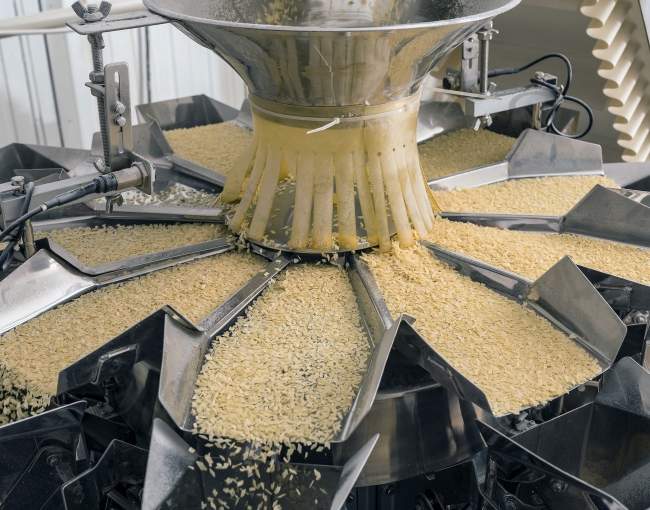
The FDA's Food Safety and Modernization Act may usher in more than just food safety as compliance deadlines begin to roll out. New mandates focusing on preventive controls, records keeping, food safety plans, menu labeling and much more may also become a boon to consumer lawsuits. READ MORE

The food industry faces new registration requirements for food facilities under revamped FDA rules stemming from the FSMA. Facilities should no longer view facility registration as a minor requirement, as proper registration takes an enhanced role in inspections and enforcement actions. READ MORE

The original goal of both the NLEA and the underlying rules was to standardize food labels. That goal has been expanded under these two new FSMA rules to not only keep labels standardized but also to provide additional nutrition information to the food buying consumer. READ MORE

Including the FDA, OSHA's Whistleblower Protection Program enforces the whistleblower provisions of more than 20 whistleblower statutes protecting employees who report violations of various workplace safety and health, airline, commercial motor carrier, consumer product, environmental, financial reform, food safety, health insurance reform, motor vehicle safety, nuclear, pipeline, public transportation agency, railroad, maritime, and securities laws. READ MORE

The FDA has renewed its outreach to consumers, educating them on important information and the process to report adverse events. In fact, as recently as March of this year, the FDA posted an updated page on how to spot health care fraud scams directed toward the supplement market. READ MORE

The Sanitary Transport Rule is different from the others passed so far under the FSMA, as it is not focused on the manufacturing, packing, growing, labeling or other aspects of food creation. So what’s the scope of the Sanitary Transportation Rule? READ MORE

Intending to address the safety of produce entering the human food chain, this new Rule establishes “science-based minimum standards for the safe growing, harvesting, packing and holding of produce.” READ MORE

Big changes are in store for the industries of animal health, drug, medical devices and tobacco. Among these, the FDA is expected to continue its scrutiny of animal food safety, ramp up its work in post-approval drug studies and keep a close watch on the evolution of mobile medical devices and e-cigarettes. READ MORE

As the FDA continues to intensify its enforcement over its regulated industries, food companies should prepare now to manage their risk by developing and implementing a set of strict compliance programs to avoid enforcement action. READ MORE

“Foreign Supplier Verification Programs for Importers of Food for Humans and Animals” is the most recent Rule promulgated under the Food Safety and Modernization Act and places new responsibility on industry members to ensure that foreign suppliers follow the FDA’s HARPC requirements, that compliance is documented, and that importers include this new supply chain verification system in their HARPC food safety plans. READ MORE

The impact of DOJ actions to the dietary supplement industry is yet to be fully realized. However, it is clear that the supplement industry will continue to be the target of increased enforcement actions and government scrutiny. READ MORE

The dietary supplement industry, through these FDA enforcement actions, is on notice that its products are under increased national scrutiny, and an internal review of ingredients, labels, and new dietary ingredient filings is well-warranted. READ MORE
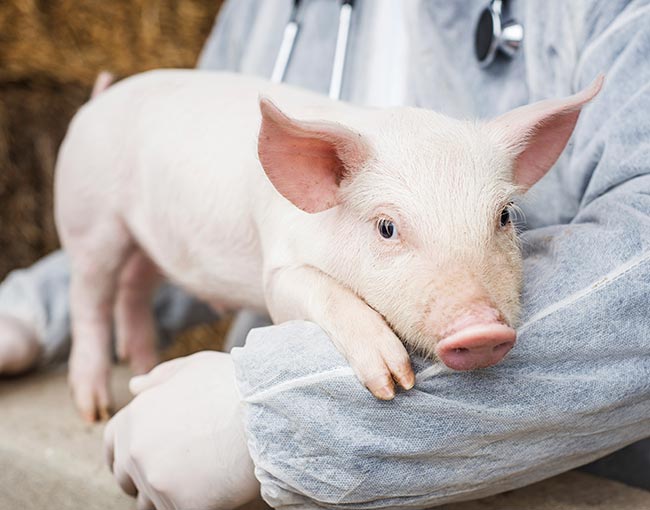
The FDA recently issued other updated regulations, including updating the Veterinary Feed Directive (VFD) regulations regarding VFDs and VFD Drugs (drugs intended for use in conjunction with animal feeds and pet foods). READ MORE
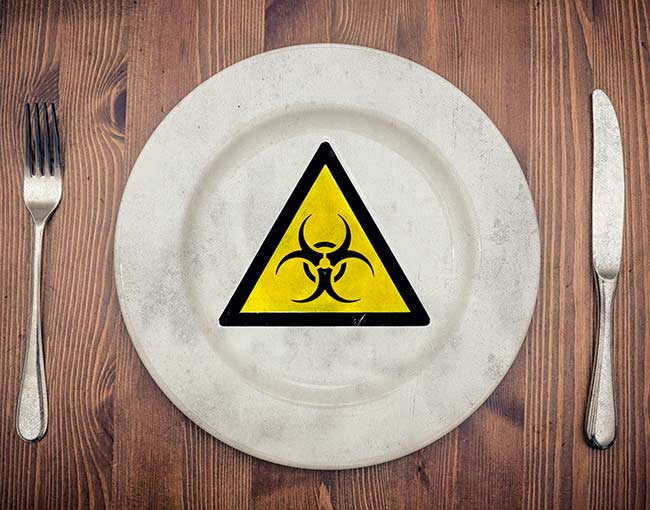
The overall focus of this rule requires these plans to continue the FDA’s efforts to ensure the safety of the U.S. food supply and, therefore, each of these plans should be drafted with this in mind. READ MORE

With the passage of the Food Safety and Modernization Act (FSMA), the FDA has created a new and updated set of cGMPs in conjunction with the new Hazard Analysis and Risk-Based Preventative Controls (HARPC) program to correct this lag. READ MORE

Since the passage of the Food Safety Modernization Act in 2011, the FDA has promulgated proposed rules that overhaul the old Good Manufacturing Practice (cGMP) rule and create new Hazard Analysis and Risk-Based Preventative Controls (HARPC) for certain food. READ MORE

Mobile devices, including cell phones and tablets, have had a major impact on the practice of medicine, how patients interact with their doctors, receive or implement treatments, as well as how software developers view the medical industry as a potential source of revenue. READ MORE

The thousands of food, agriculture and life sciences companies regulated by the federal government already face a barrage of complicated regulations. Add in significant regulatory uncertainty and a major reorganization of the governing agency and you see the current predicament of the animal supplement industry. READ MORE
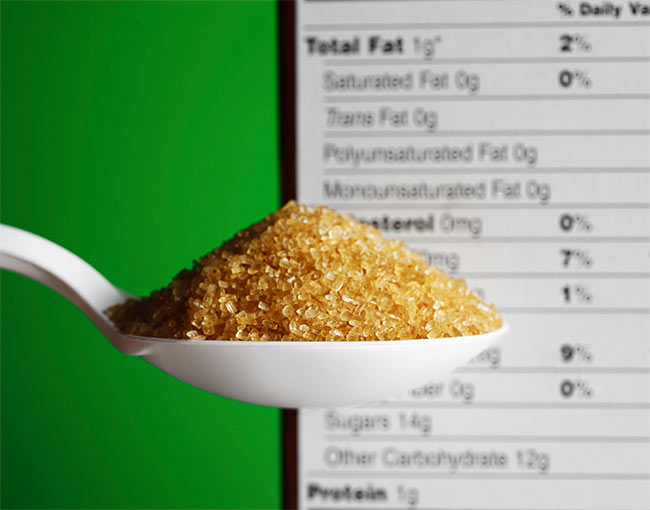
After consideration of both certain recommendations by the Dietary Guidelines Advisory Committee as well as other scientific information, the FDA has proposed more rule changes that address the percent daily value of added sugars and a proposed footnote for the Nutrition Facts Panel explaining the percent daily value concept. READ MORE
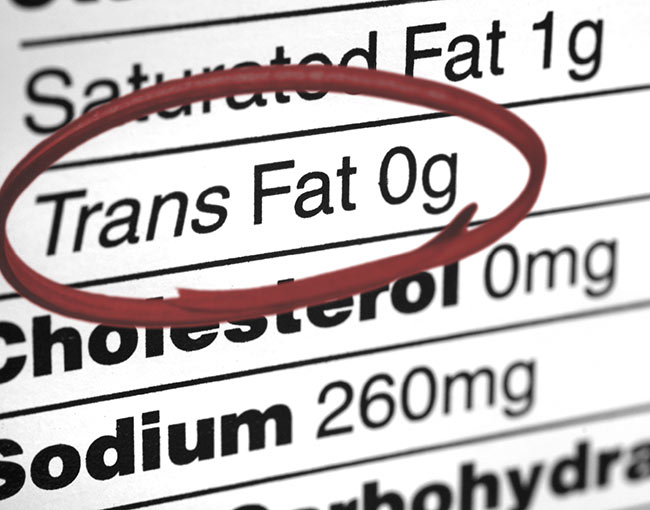
While there are several methods by which a product can be listed as safe, including a specific GRAS finding, products found not to be GRAS may not generally be used as an ingredient in food unless premarket review and approval is obtained from the FDA. READ MORE

On May 4, 2015, the FDA launched the most recent component of its “Unique Device Identification System,” or “UDI System,” first created in September of 2013 and required by the Food and Drug Administration Safety and Innovation Act (FDASIA), signed into law in July of 2012. READ MORE
NOTICE.
Although we would like to hear from you, we cannot represent you until we know that
doing so will not create a conflict of interest. Also, we cannot treat unsolicited
information as confidential. Accordingly, please do not send us any information
about any matter that may involve you until you receive a written statement from
us that we represent you (an ‘engagement letter’).
By clicking the ‘ACCEPT’ button, you agree that we may review any information you transmit to us. You recognize that our review of your information, even if you submitted it in a good faith effort to retain us, and, further, even if you consider it confidential, does not preclude us from representing another client directly adverse to you, even in a matter where that information could and will be used against you. Please click the ‘ACCEPT’ button if you understand and accept the foregoing statement and wish to proceed.